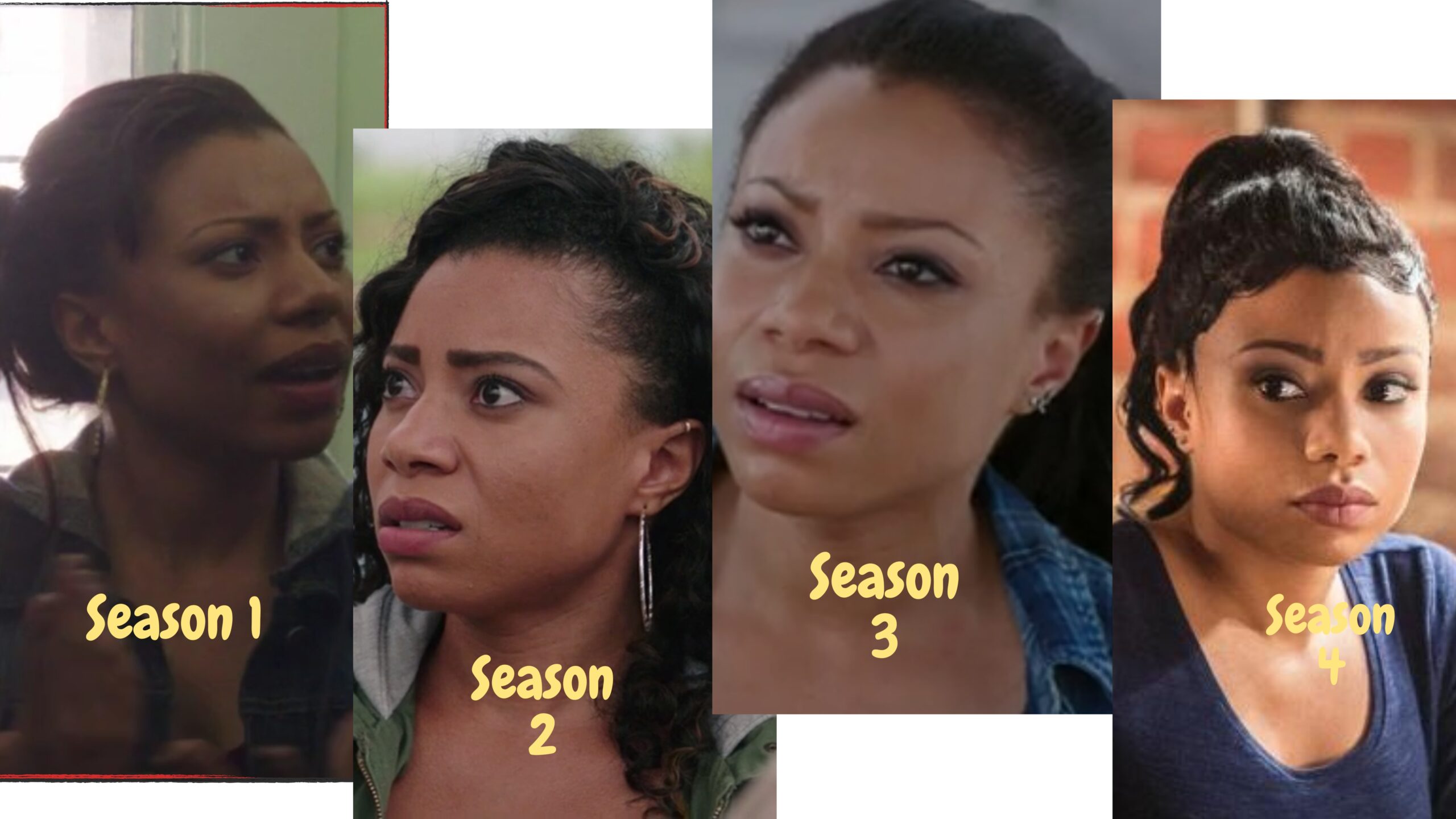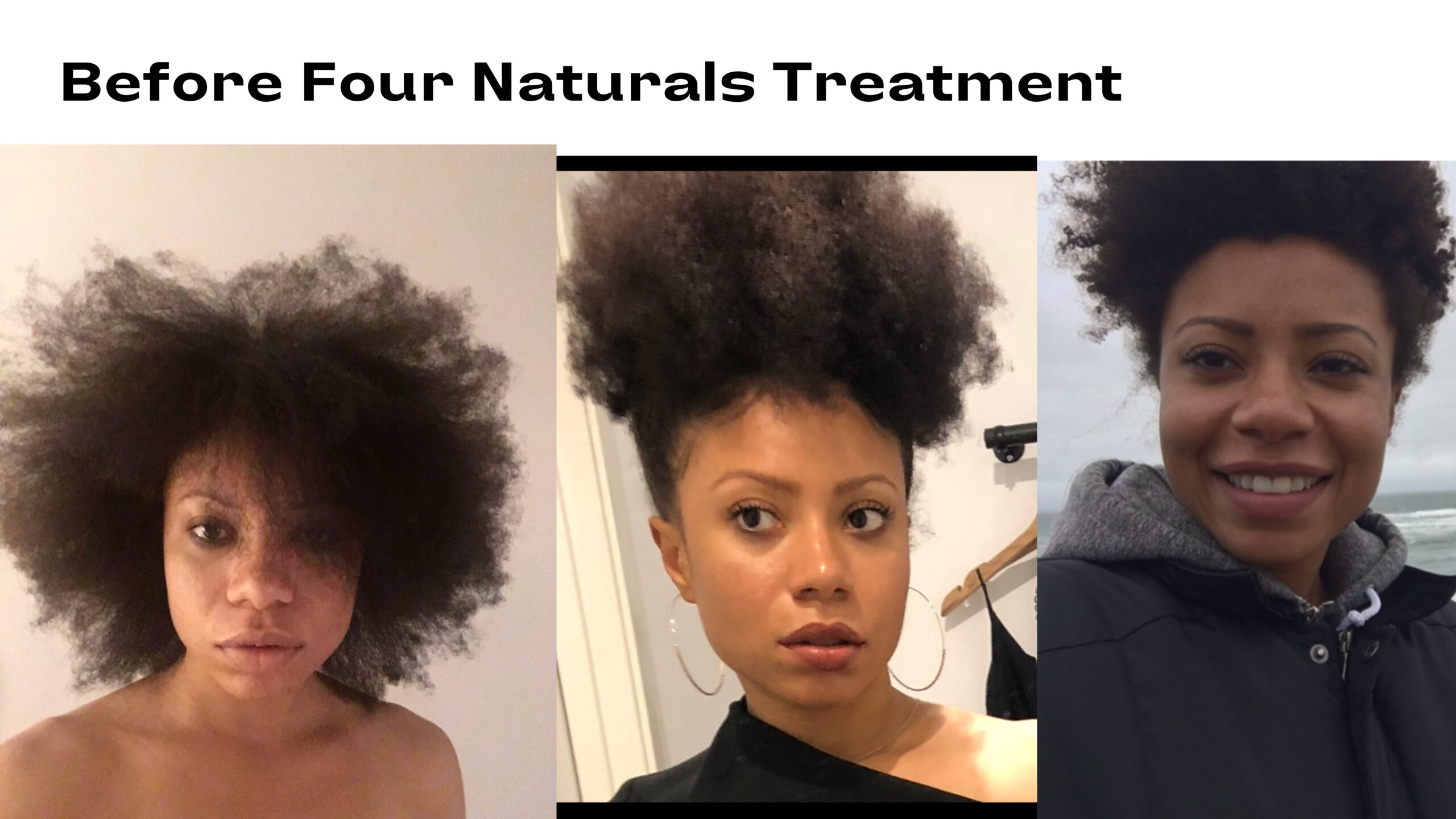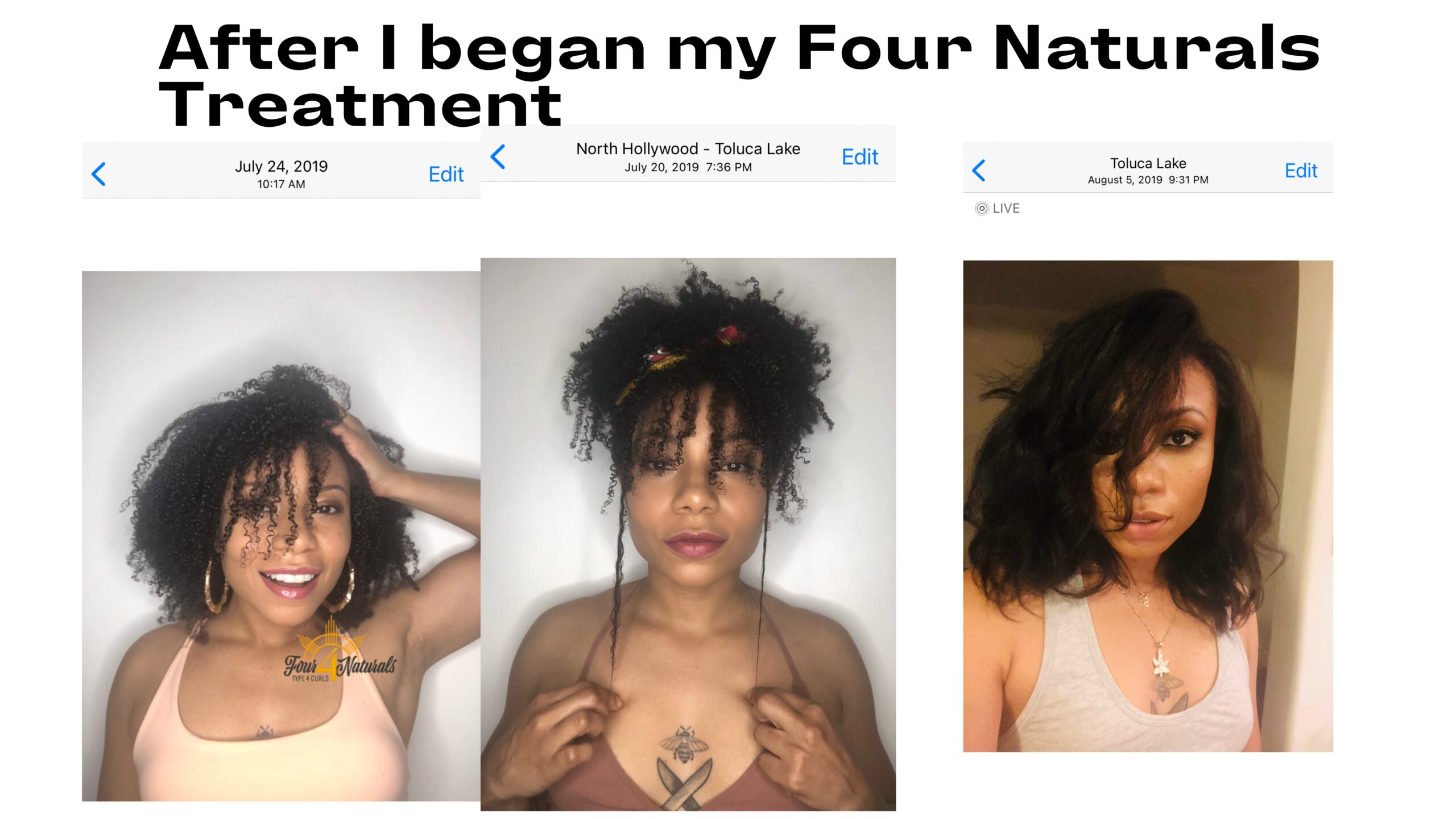ABOUT US
Designed to Care For Type 4 Hair

My ever-changing ponytail on NCIS New Orleans

Before Four Naturals I had typical Type 4 hair problems. I struggled with: dry and breakage, I was prone to heat damage and when water touched it I had a perpetual 'fro.

After the Four Naturals Treatment, my hair was softer, and heavier, I could flat iron it with zero problems and I had curls when water touched my hair - not a hard stiff afro!

